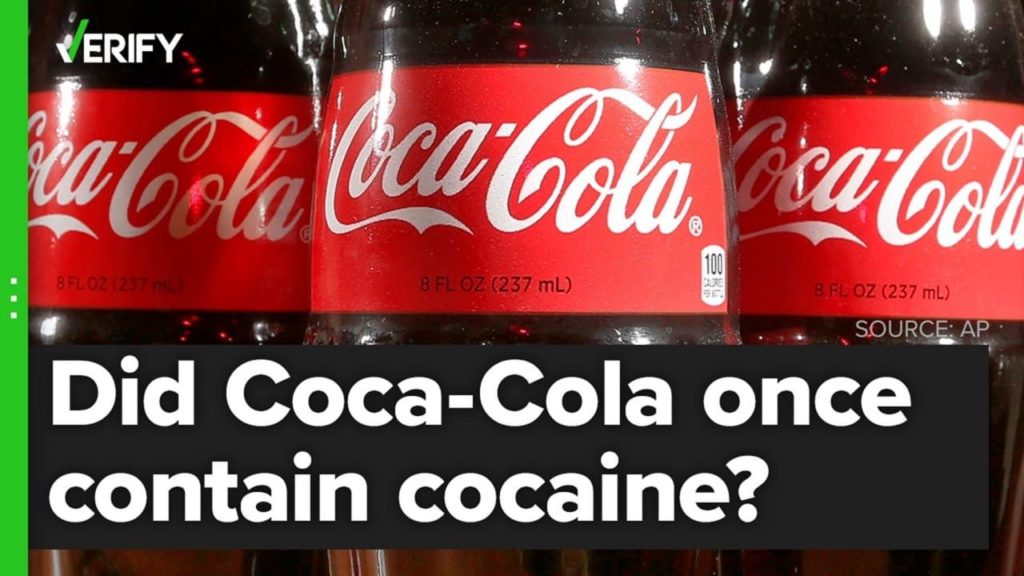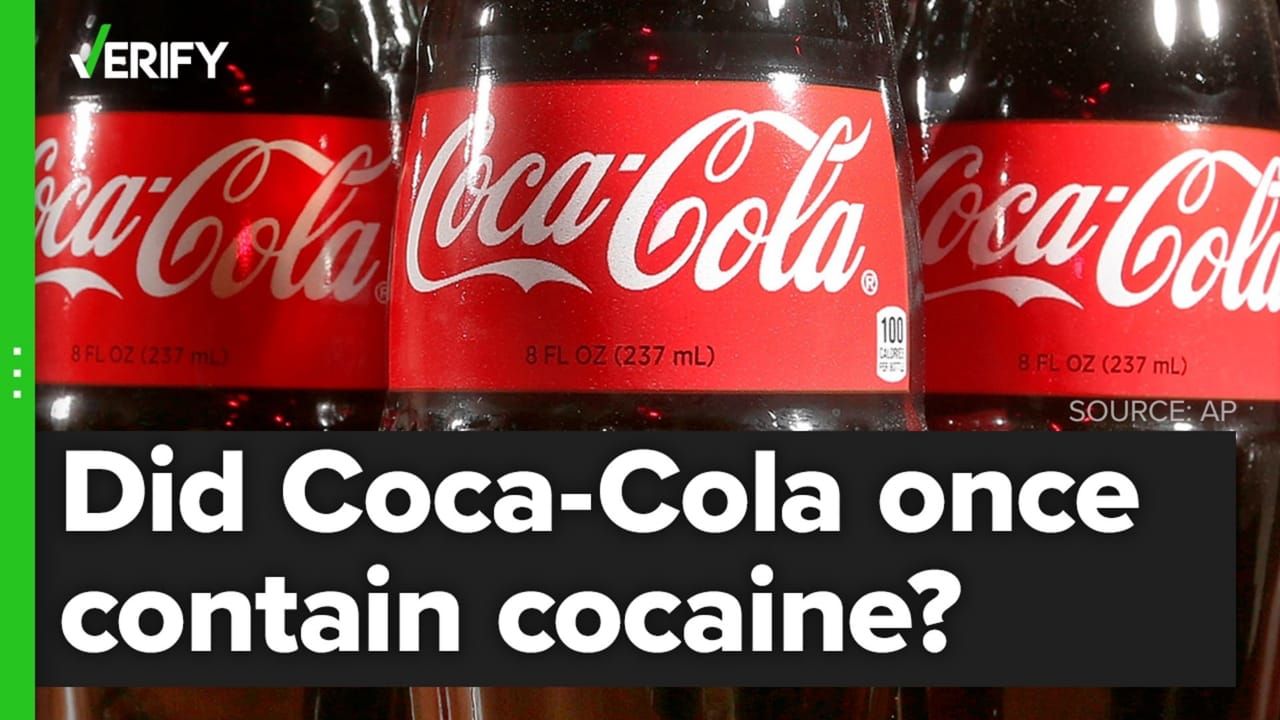By Burnett Munthali
Back on May 8, 1886, the world’s first Coca-Cola was served at Jacobs’ Pharmacy in Atlanta, Georgia. It was the creation of Dr. John Pemberton as a tonic for common ailments. He likely had no idea what was in store for his product, the company, and an industry that would grow into the giant it is today.
Today, on my birthday, I look back at the years when I struggled to drink Coca-Cola as the gas in it was so strong that I felt something on the middle of my head, inside my nose and eventually tears came out of my eyes at the first sip of it. It is for this reason that I preferred fanta to Coca-Cola during my childhood days. However, over the years as I grew up, I became fond of Coca-Cola more than fanta again as the taste for fanta felt like so babyish to me. Then as I was reading today, I came across an article which has prompted me to write something about this popular drink.

China expelled all foreign companies, including Coca-Cola, in 1949. After the re-establishment of diplomatic relations with the US in 1979, China allowed the return of the famous drink.
When the People’s Republic of China (PRC) was formed in 1949, all foreign companies were asked to cease operations and leave the country. Coke shut down operations in China and its bottling plants were nationalized by the government.
North Korea and Cuba are the only places you can’t buy Coca-Cola. No matter where you go, it’s comforting to know you can always enjoy a Coca-Cola. Well, almost anywhere. While this fizzy drink is sold practically everywhere, it still hasn’t (officially) made its way to North Korea or Cuba, according to the BBC.
In 1909, the Pure Food and Drug Act passed, and the United States government seized 40 barrels and 20 kegs of Coca-Cola syrup because they considered the added caffeine to be a harmful ingredient. One of the first noted criticisms of Coca-Cola was that it produced serious mental and motor deficits.
In the past, some countries in the Middle East, such as Saudi Arabia and Kuwait, have also faced temporary bans on the import or sale of Coca-Cola due to concerns about the company’s impact on public health or other issues. Coca-Cola was not officially banned in Cuba, but it was not widely available.
The Coca-Cola Embargo
Those two countries dealing with the misfortune of not having coca-cola or coca-cola products are Cuba and North Korea.
India’s Supreme Court demanded that Coca-Cola reveal its secret recipe — guarded for the past 120 years — so that the allegations of high pesticide levels could be verified with further tests. Coca-Cola pulled out of India in 1977 after the government insisted that it reveal the formula. Berkshire Hathaway is the Coca-Cola Company/Owner.
The dark history of Coca-Cola is that Coca-Cola was originally marketed as a medicine and contained cocaine, which was believed to cure a wide variety of ailments. Coca-Cola’s rapid global expansion was largely due to deals made during the war, despite supplying both American soldiers and Nazi Germany with coke.



